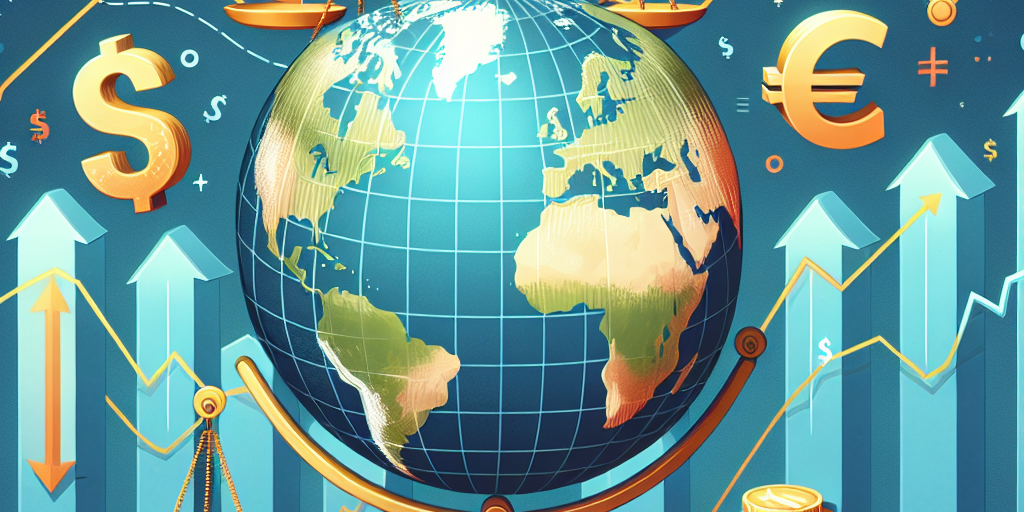Title: From Tariffs to Trade Deals: How Global Politics Are Shaping Investment Approaches
Introduction
In today’s globalized economy, the interplay between politics and economics has never been more pronounced. From trade wars and tariffs to multilateral trade agreements and geopolitical shifts, global politics are increasingly influencing investment approaches. Investors, both institutional and individual, find themselves navigating a landscape where political decisions can rapidly alter market dynamics. Understanding these changes is crucial for developing resilient and adaptive investment strategies.
The Era of Tariffs and Trade Wars
The recent past has witnessed an escalation in trade tensions, most notably between major economies such as the United States and China. Tariffs, a core tool in trade policy, have been used to protect domestic industries but often at the cost of increased prices for consumers and strained international relations.
For investors, tariffs introduce volatility and uncertainty, making it challenging to predict market movements. They have had to adapt by diversifying portfolios and seeking out industries less impacted by these measures. The technology, consumer goods, and automobile sectors have been particularly vulnerable, prompting a shift towards sectors like healthcare and utilities, which traditionally exhibit more stability.
Trade Deals and Economic Alliances
Conversely, trade agreements like the Comprehensive and Progressive Agreement for Trans-Pacific Partnership (CPTPP) and the United States-Mexico-Canada Agreement (USMCA) illustrate the power of collaborative economic strategies. Such deals can open new markets, reduce costs through lowered tariffs, and enhance supply chain efficiency.
For investors, the establishment of new trade deals often signifies emerging opportunities. These agreements can lead to increased economic activity in participating countries, making them attractive investment prospects. Investors are now more inclined to monitor geopolitical developments to anticipate which regions or sectors might benefit from upcoming trade deals.
Geopolitical Risks and Opportunities
Geopolitical events have always had an impact on investment strategies, but their significance has grown with globalization. Political stability, regulatory environments, and diplomatic relations must all be considered. Changes in leadership, policy shifts, or regional conflicts can lead to volatility, affecting currency markets, commodity prices, and investment flows.
In response, a growing number of investors are incorporating geopolitical risk assessments into their decision-making processes. Scenario planning and risk management strategies are becoming essential tools. Moreover, there is a noticeable shift towards sustainable and socially responsible investing, as investors recognize the long-term value in stable, forward-thinking governance.
The Role of Emerging Markets
Emerging markets present both risks and opportunities influenced by global political actions. As some emerging economies embrace reforms and trade liberalization, they become more attractive to foreign investors. However, political instability or erratic policy changes can quickly erode investor confidence.
Investors are therefore advised to conduct thorough due diligence and remain agile. Diversifying investments across various emerging markets can mitigate risks while allowing investors to capitalize on growth potential in these regions.
Conclusion
The intersection of global politics and economic investment has become a pivotal consideration in the modern financial landscape. As the world continues to evolve, investors must remain vigilant, informed, and flexible, adapting their strategies to the ever-changing political environment. By understanding the implications of tariffs, trade deals, and geopolitical shifts, investors can better position themselves to navigate challenges and seize opportunities in the global market.







